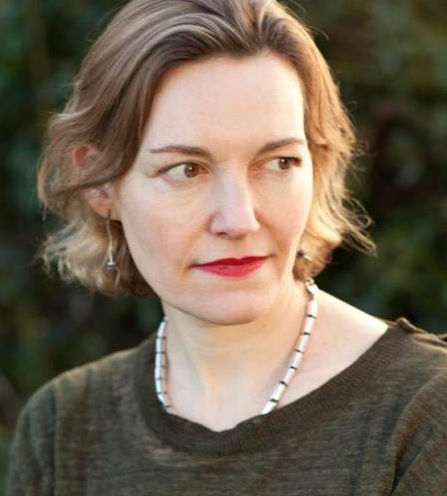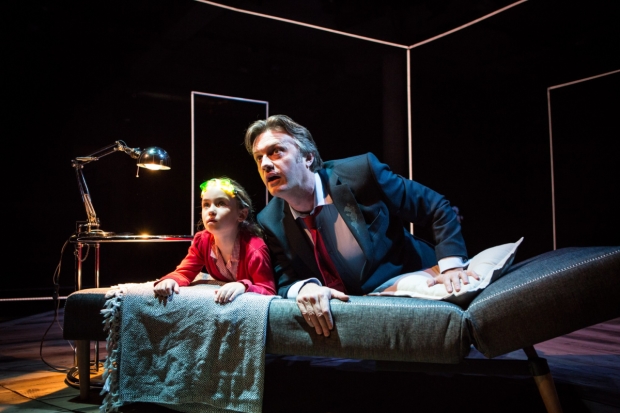5 minutes with: Tanya Ronder – 'We must all hate ourselves for how little we are doing'

I trained as an actor and worked as one for many years. But the job didn't make me happy. It was when I realised that I could write adaptations without speaking other languages, that I understood I wanted to be an adaptor of plays rather than act in them. My first job was an adaptation of Peribanez at the Young Vic. They took a punt on me, for which I'll always be grateful. I adapted for more than a decade, then slowly, a bit shyly, started writing original plays.
The initial inspiration behind writing F*ck The Polar Bears was feeling angry about the massive bonuses and amounts of money the bosses of our water and energy companies took home. Which made me wonder if they felt guilty, or responsible for their actions, and what they were like in their own homes, with their wives and children.
Part of the premise is that none of us is able to be truly happy right now in the time we live in, because of what's happening to the world. At some level I think we must all hate ourselves for how little we are doing, or feel able to do, to save the planet from the consequences of global warming. I think when we feel bad about ourselves, we behave badly. So I wanted to get to a layer of nastiness in the characters, I suppose in the way that the whole play sits on a layer of human dirt, trash and waste… It has been tricky balancing the comedy with the stark tragic and serious elements to the play. I feel I've been walking a tightrope, or several tightropes – a lattice of them – to try and achieve that balance.
I think theatre has a duty to respond to an issue like climate change, though I don't think every theatre practitioner needs to take responsibility for it. Theatre programmers would be remiss not to offer perspectives on global problems in the work they stage, but theatre is a broad church and we look to it to find all sorts of different things, not just provocation or education, so I don't think every play needs to address big issues. It's not always what I want to go and see in my time off! I really didn't want F*ck the Polar Bears to become an issue play, but more a domestic drama where the larger issues underpin it. I have tried to avoid putting too many facts and statistics in, because I think it's difficult for drama to handle and pass on that kind of knowledge.

© Helen Murray
The writer's role in rehearsals varies, according to how available the writer is, and how much the director invites the collaboration. Also it varies from writer to writer as to how complete and locked-off the script is, or if there's still room for growth and change once the actors are assembled and rehearsal process begins. I always fall into the second category, whatever I'm writing; the play is not complete until the company is assembled and those final pieces can fall in to place.
The Bush is a new writing venue so utterly support the writer's full involvement and collaboration from beginning to end, and Caroline Byrne, the director, has also totally welcomed my input, so during casting and rehearsals I have been as present as availability has allowed. There are always questions which come up, which the writer can help with, and at the same time I've been changing the odd line here and there, fine-tuning the play, inspired by the rehearsal process. I'll leave them to it for the final couple of weeks, give them breathing space to make it their own, and will then come back for the last stages – rehearsal room runs, dress rehearsals and previews.
F*ck The Polar Bears continues until 24 October










